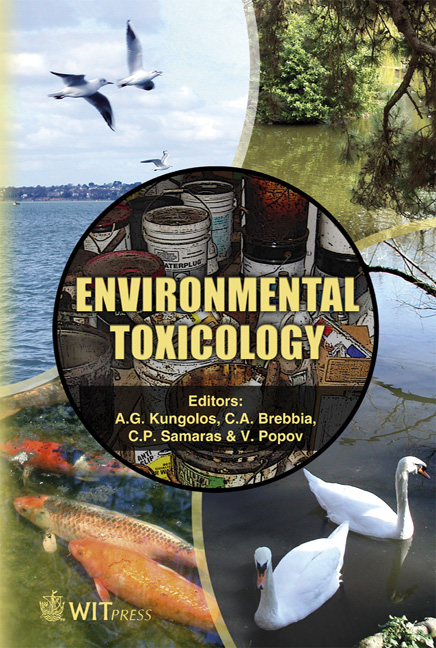Synthesis And Biodegradation Of Three Poly(alkylene Succinate)s: Mathematical Modelling Of The Esterification Reaction And The Enzymatic Hydrolysis
Price
Free (open access)
Transaction
Volume
10
Pages
10
Published
2006
Size
616 kb
Paper DOI
10.2495/ETOX060311
Copyright
WIT Press
Author(s)
D. S. Achilias & D. N. Bikiaris
Abstract
Synthesis of three biodegradable aliphatic polyesters, namely poly(ethylene succinate), poly(propylene succinate) and poly(butylene succinate), is presented using the appropriate diols and succinic acid. A theoretical mathematical model for the esterification reaction is developed and applied successfully in the simulation of all experimental data. Different glycols do not influence the average degree of polymerization of the oligomers produced much, even though they slightly affect esterification rates in the order BG>PG>EG. In contrast, these values are affected by the amount of catalyst, with a larger catalyst molar ratio giving a polymer with a larger than average molecular weight. Biodegradability studies of the polyesters included enzymatic hydrolysis for several days using Rhizopus delemar lipase at pH 7.2 and 30 o C. The biodegradation rates of the polymers decreased following the order PPSu>PESu ≥PBSu and it was attributed to the lower crystallinity of PPSu compared to other polyesters, rather than to differences in chemical structure. Finally, a simple theoretical kinetic model was developed and Michaelis-Menten parameters were estimated. Keywords: biodegradable polymers, enzymatic hydrolysis, aliphatic polyesters, mathematical modelling. 1 Introduction Continuous environmental surcharge due to domestic and industrial waste consists of one of the major problems of growth nowadays. Plastic waste
Keywords
biodegradable polymers, enzymatic hydrolysis, aliphatic polyesters, mathematical modelling.





